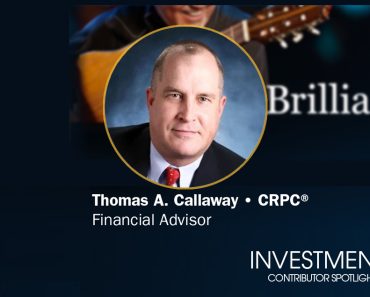[ad_1]

Every year across the United States, billions of dollars go unclaimed. These assets are held by state and federal Treasuries until their rightful owners are found. Anyone who has lived or worked in the United States can check these financial repositories to see if any dollars are owed to them or a family member. Here’s an overview:
Unclaimed assets arise from a wide range of sources. Unclaimed cash can come from a variety of incomplete financial transactions, including abandoned bank accounts, uncashed checks from previous employers, investment dividends, utility overpayments, insurance company payouts, and uncollected security deposits. Estate settlements and safety deposit boxes also can yield unclaimed property.
Sometimes owners can’t be tracked down. A change in residence, marital status, or employment can result in undelivered mail, which in turn can lead to unredeemed payments. Businesses are required by law to make reasonable efforts to reunite owners with their assets. Uncollected cash and property must be turned over to the government following the legal “dormancy” period. Unclaimed assets often sit unclaimed in government coffers because the owners are not aware of their existence.
Online databases make it easy to search for unclaimed assets. Anyone can find out if they have unclaimed cash or property owed to them or a family member. They can do so by searching the free online databases operated by the states in which they have lived, worked, invested, or conducted business. The National Association of Unclaimed Property Administrators (NAUPA) maintains a list of unclaimed property websites for all 50 states at www.unclaimed.org. The federal government also provides a list of databases of unclaimed money at www.usa.gov/unclaimed-money. Periodic searches, especially following a life event change such as a move, change of employment, or name change, can reveal unclaimed assets.
The claims process starts online. Claimants will be asked to substantiate their right to the property. This process often requires uploading or mailing documentation that proves ownership. If the claimant is the rightful owner, the claim will be paid by check or direct deposit.
Thomas A. Callaway CRPC®, is a Financial Advisor with Ameriprise Financial Services, Inc. in Paris TX. He specializes in fee-based financial planning and asset management strategies and has been in practice for 30 years. To contact him you can go to www.ameripriseadvisors.com/thomas.callaway or call (903)785-7000, office located at 2219 Lamar Ave Paris TX 75460.
Investment products are not insured by the FDIC, NCUA or any federal agency, are not deposits or obligations of, or guaranteed by any financial institution, and involve investment risks including possible loss of principal and fluctuation in value.
Investment advisory products and services are made available through Ameriprise Financial Services, LLC, a registered investment adviser.
Securities offered by Ameriprise Financial Services, LLC. Member FINRA and SIPC.
© 2023 Ameriprise Financial, Inc. All rights reserved.
[ad_2]
Source link
